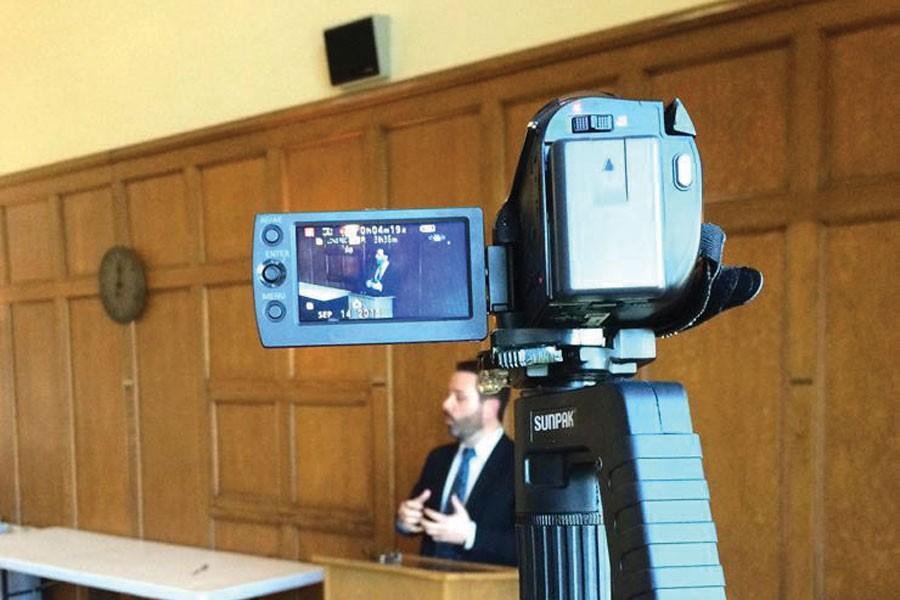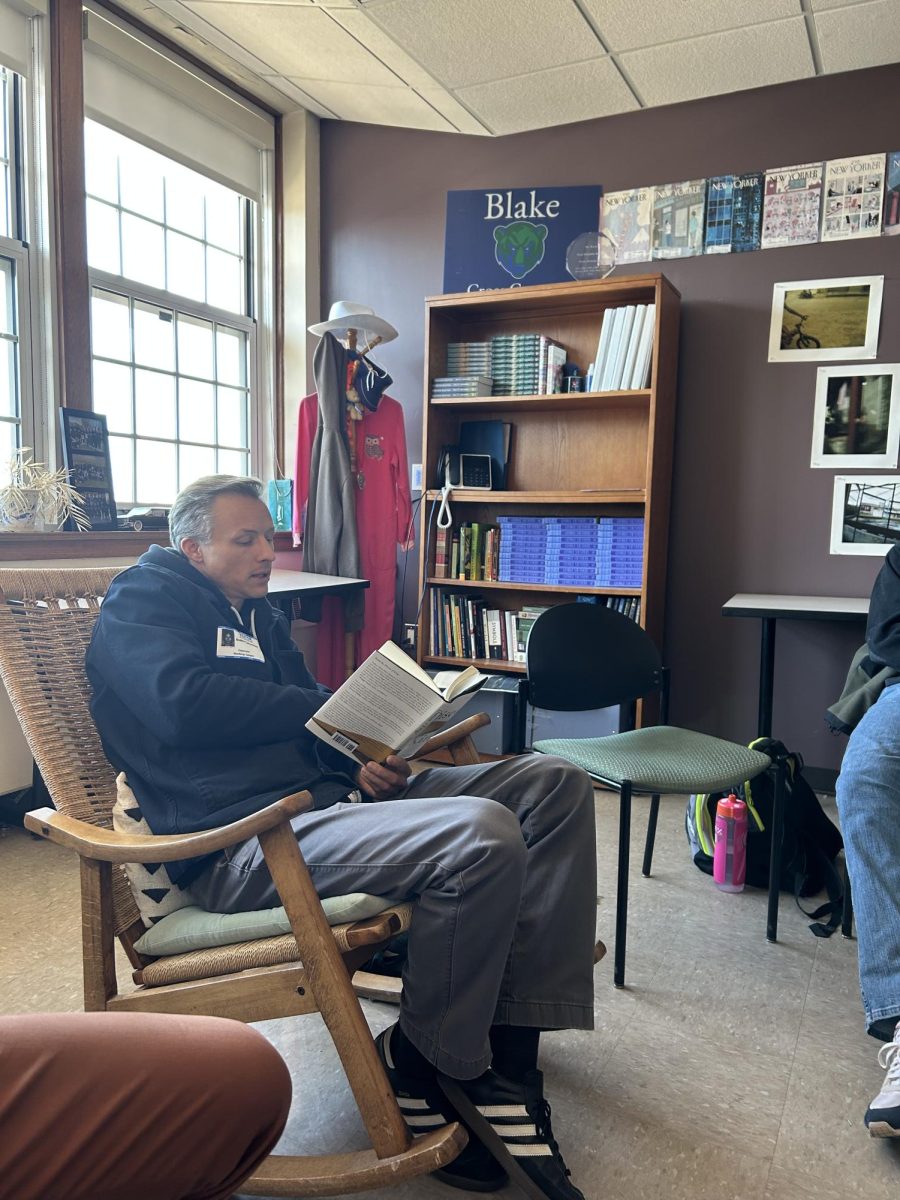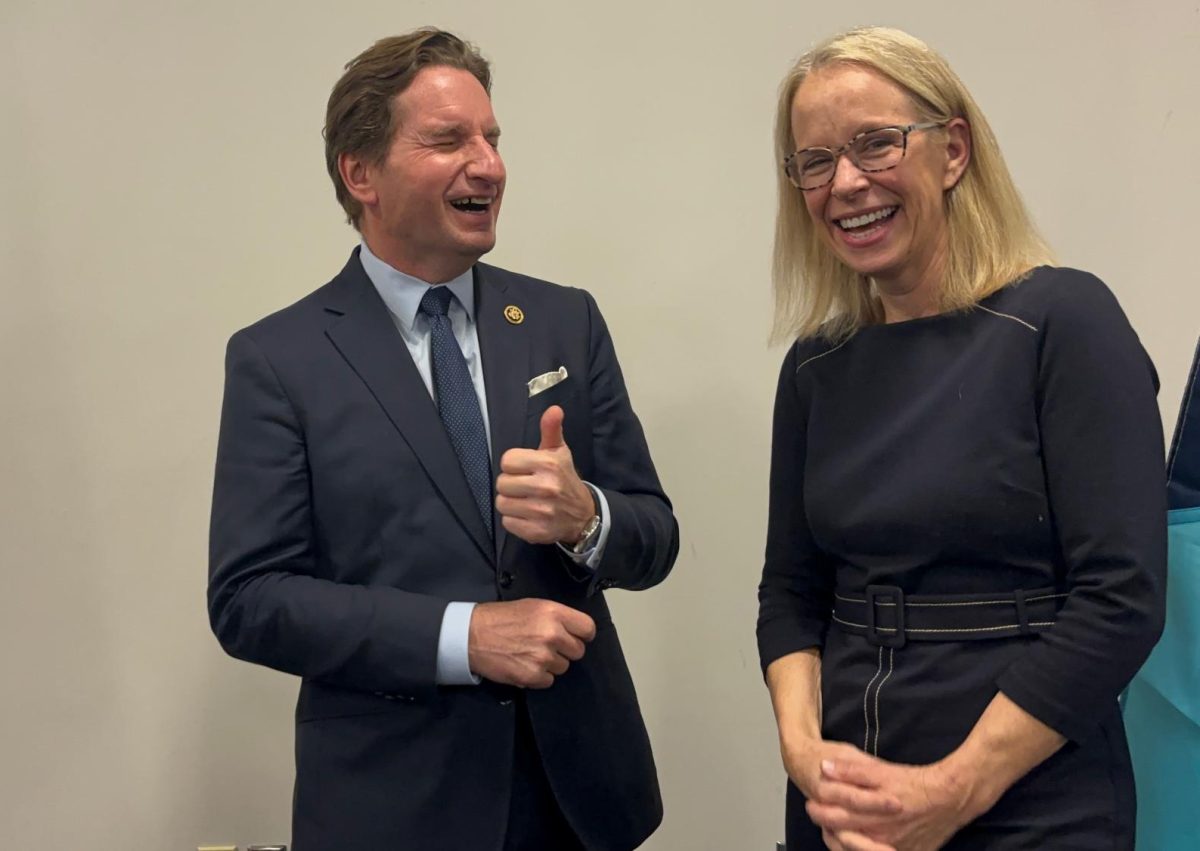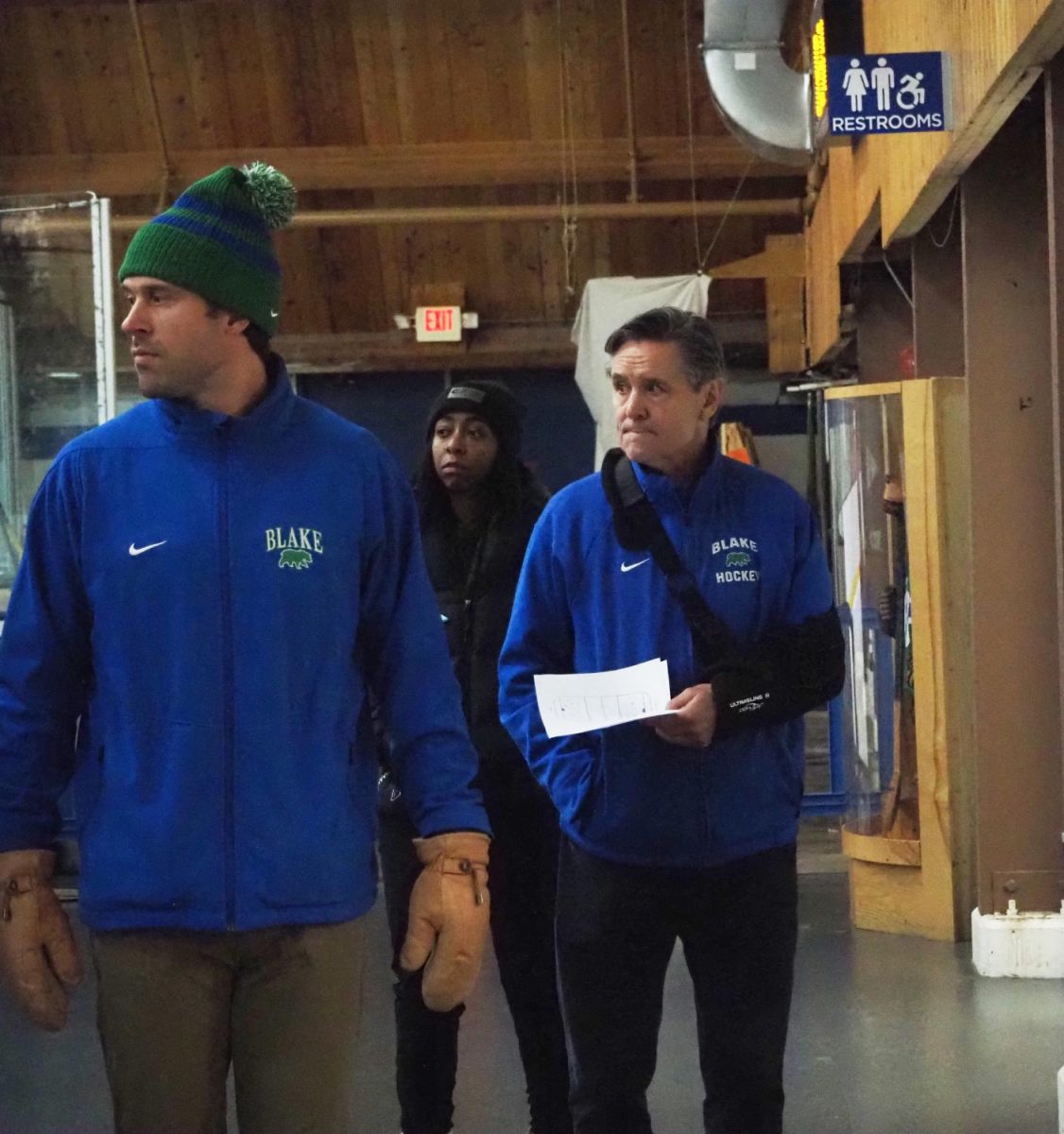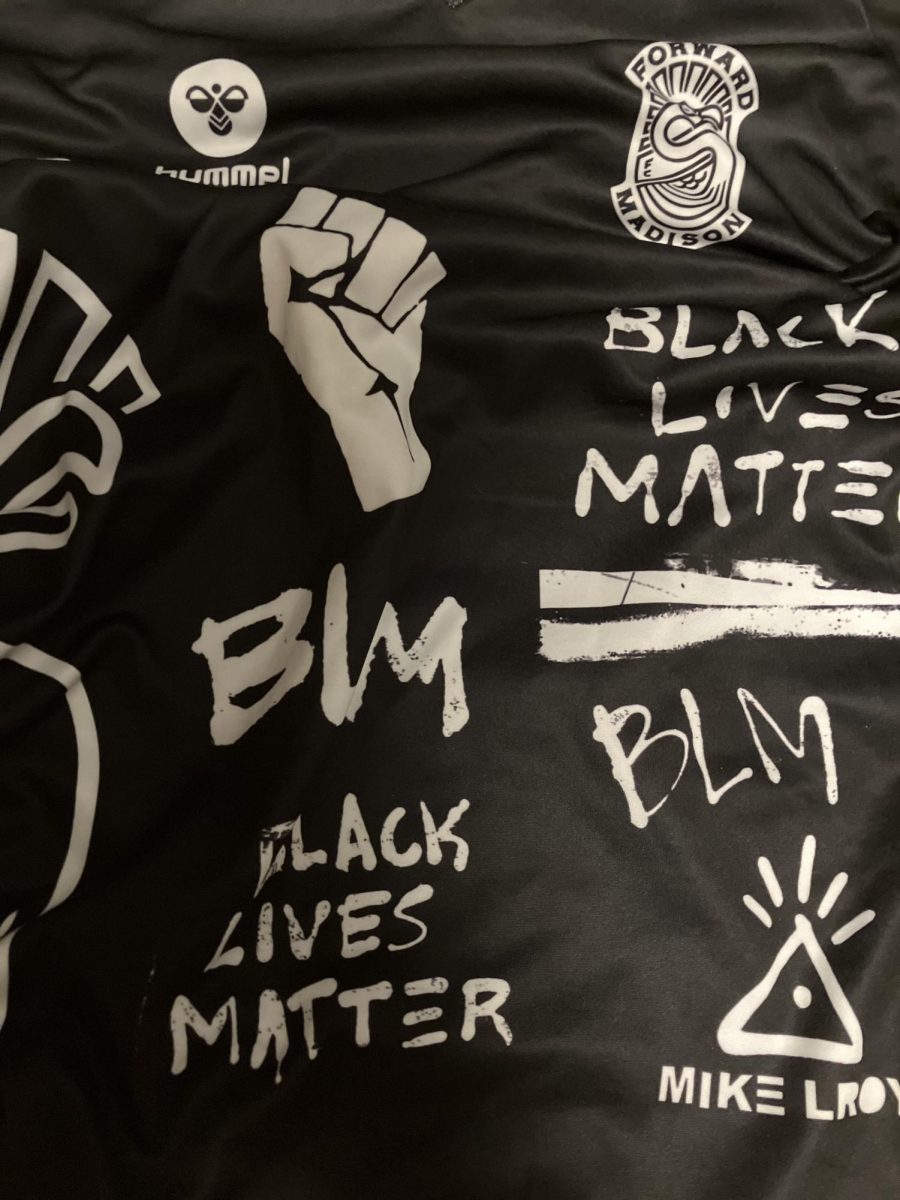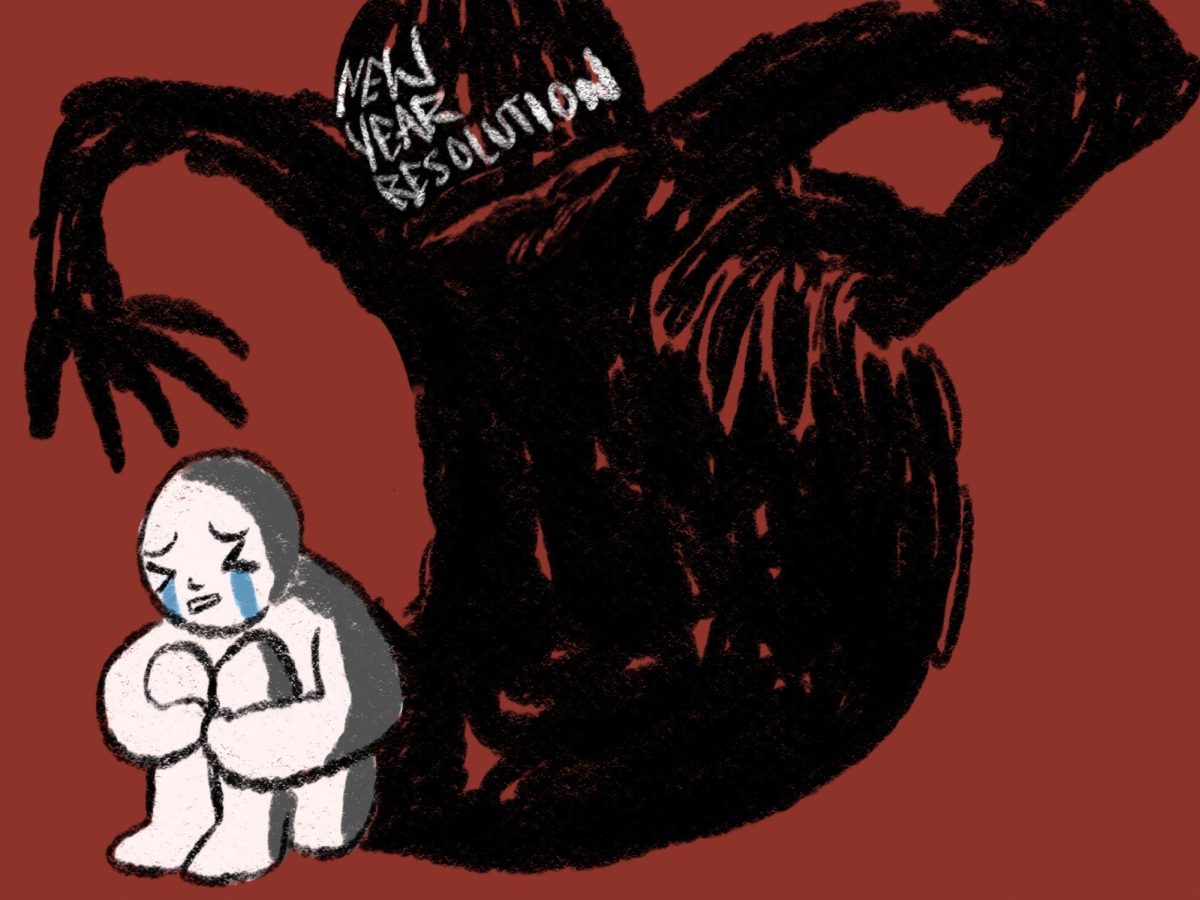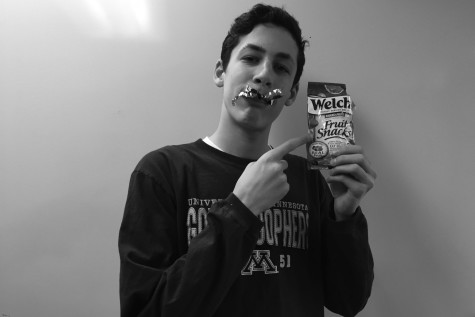A timid voice arises from the crowd: “Just one real quick question, alright, maybe not quick but on civil discourse. Have there been any additional steps taken by the administration? What’s the next step?”
This taboo subject was one of the first on Spectrum reporters’ minds, but one of the last out of our mouths.
Deniz Ercan-Fang ‘16’s question was met with a cacophony of groans, and even a few jaded laughs. Joe Ruggiero, the new Head of the Upper School, did not seem surprised by this response.
“The first thing, and this is funny, but true, is changing the name.” He laughs. “There is some visceral reaction that you get from civil discourse.” He mentions that, as a collaborative team, the administration has been working to reframe civil discourse, starting with a name change.
The connotation that comes along with previous exposure to “civil discourse” leaves a poor taste in students’ mouths, but it isn’t necessarily the substance of the program that turn individuals off. “Here’s the thing, I think[…] if you look at what civil discourse is, no one would disagree that it’s a [good] thing to know and to understand and to be good at. It’s a valuable community skill.”
Ruggiero continues to express that he is very appreciative of the work that other administrators have done and is excited to gather more community feedback to allow for its greater success. He wants to promote the overall goal of civil discourse: communicating more efficiently and productively with each other.
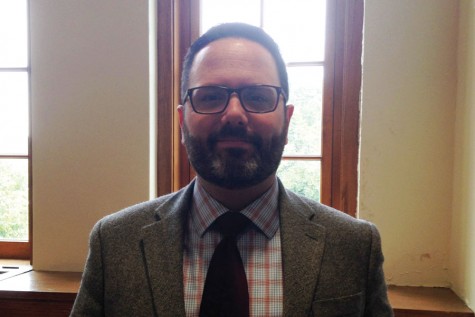
Ruggiero is excited about reframing civil discourse in a way that engages students.
The school encourages discussion, both orchestrated and organic, in every facet of the day. Asking questions, engaging in class, most of our daily actions utilize “civil discourse” skills. Unfortunately, the problem with civil discourse isn’t its core purpose, but the fact that “it was decontextualized.”
Ruggiero brings forth a suggestion to reintegrate these vital skills into the building. “The way around that is to recontextualize [civil discourse] and to connect it to some very important skills about being a community member.” His intention in this new framework is to allow for these abilities to be used in real life situations.
How to do this? Ruggiero suggests weekly lunches that employ “civil discourse” skills on topics that students are passionate about. Like an open discussion forum, “that’s a way to take whatever those skills are that were decontextualized and sort of have them in the background but talk about something that people are really interested in.”
But before these lunches start, Ruggiero and other administrators will start with some rebranding.

